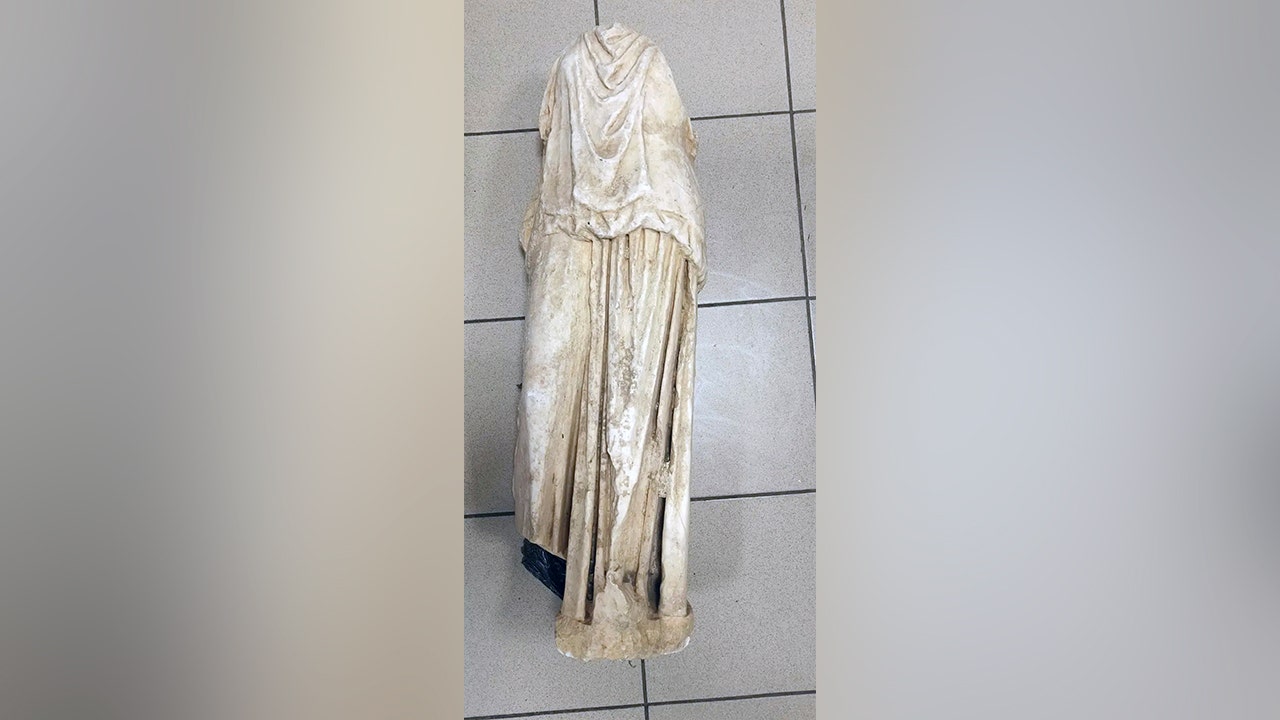A near-total communications blackout across the Gaza Strip extended for a sixth consecutive day on Wednesday, leaving besieged civilians unable to call for help and aid workers struggling to reach them, as Israeli airstrikes continue to rain down on the south.
Paltel, the strip’s largest telecommunications company, said the blackout was the longest of several that Gaza has experienced since the start of the war, and said it was the result of damaged infrastructure in the southern city of Khan Younis.
Airstrikes and fighting between Israeli soldiers and Palestinian militants in the city have been so intense that repair crews have had trouble reaching the damaged sites, Paltel said. Last week, two of its workers were killed while going to make repairs when someone fired on their company car, Paltel said, adding that it had coordinated the repairs with Israeli authorities in advance. The Israeli military said the incident was being investigated.
The blackout is the ninth in Gaza since the war began and by far the longest — the second longest was in December and lasted approximately three days, according to Isik Mater, director of research at NetBlocks, an internet monitoring group.
The lack of internet and phone service significantly limited what Palestinians could share with each other and with the outside world over the past week as Israeli forces has bombarded the south and central regions of the Gaza Strip.
“Today, we spent five hours searching for internet to upload our materials,” one Palestinian journalist and activist, Ahmed Elmadhoun, said on Sunday on social media, where he shared a short video of a documentary filmmaker, Bisan Owda, and others using cooking oil to fuel a car.
The Palestine Red Crescent Society said that it had lost contact with its teams in Gaza when the blackout began and that its emergency workers were finding it hard to quickly reach injured people. Gazan health officials say several hundred people have been killed and wounded in Gaza since Friday, when the blackout began.
Hisham Mhanna, a spokesman for the International Committee of the Red Cross, said the blackout had made it nearly impossible to communicate with the organization’s teams across the territory, including those responsible for receiving I.C.R.C. aid trucks at the Rafah crossing on the border with Egypt.
“When you try to plan for any mission during a blackout, you cannot predict the surprises or challenges that the team may face on their way — it’s hard to report back to our headquarters,” Mr. Mhanna said. “This is where it becomes dangerous.”
Over the weekend, Mr. Mhanna said he himself was unable to reach the I.C.R.C. and return to work after visiting his displaced family in Rafah. He resorted to keeping watch from the building’s balcony and flagging down passing Red Cross vehicles, eventually returning two days behind schedule, he said.
Mr. Mhanna spoke to a reporter for by phone on Wednesday, on a spotty connection that gave out twice during the conversation. “This is just a glimpse of how we are impacted,” he said.





